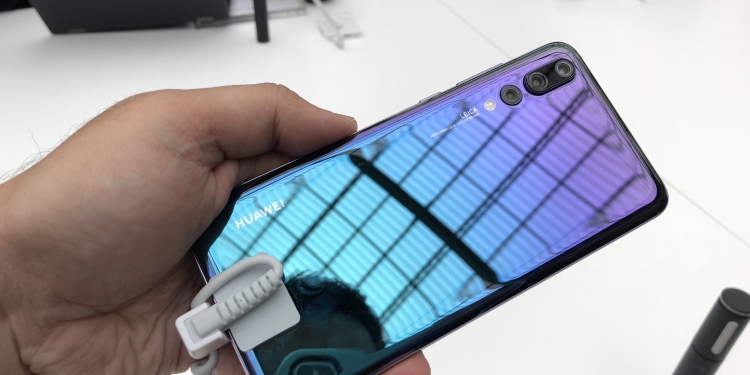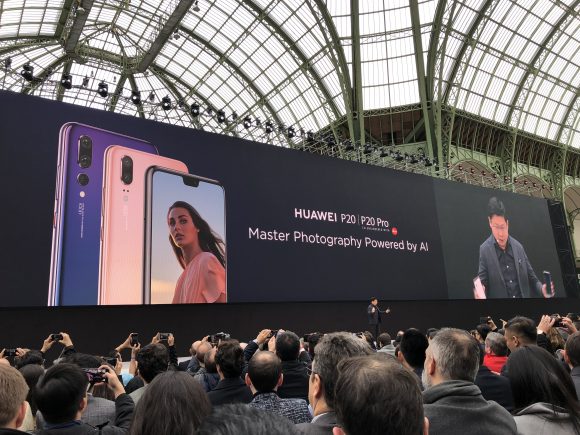At a stylish event in Paris, Huawei today announced the P20 and flagship P20 Pro with the world’s first 40MP triple camera in a smartphone. The two devices are expected to be released in Malaysia in the first week of April. Though local prices have not been announced, if previous trends are anything to go by, we expect the P20 to be around RM2,500 and the P20 Pro around RM3,500.
While launched at the same time and the two devices essentially carry the same name, the P20 and P20 Pro are very different phones. Here’s a rundown of the similarities and differences between the P20 and P20 Pro.
The Camera
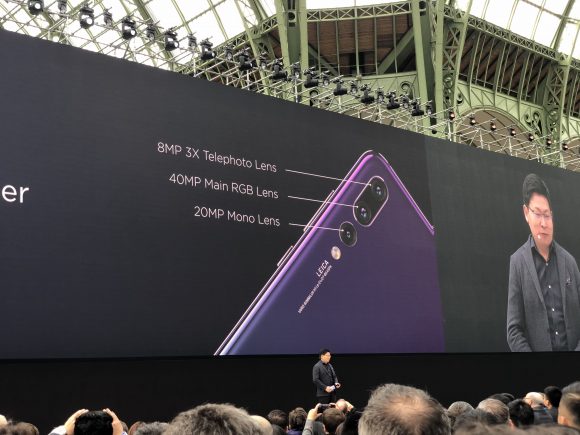
The P20 Pro is the first smartphone in the world to feature an impressive three camera array. The camera configuration comprises of a relatively large 1/1.7 inch 40MP RGB sensor (f/1.8), a 20MP monochrome sensor (f/1.6) and an 8MP sensor with a f/2.4 telephoto lens. The telephoto lens is a Leica VARIO-SUMMILUX-H unit (1:1.6-2.4/27-80ASPH) capable of 3x optical zoom and up to 5x lossless hybrid zoom, and if you like, 10x digital zoom. Also, only the telephoto lens is equipped with Optical Image Stabilisation (OIS).
The 40MP sensor means the P20 Pro carries the distinction of having the highest camera pixel count in a modern smartphone (though it’s worth pointing out that the Nokia Lumia 1020 released in 2013 featured a 41MP camera). The P20 Pro also features a stand-alone Image Signal Processor (ISP) and colour temperature sensor co-developed with Leica. The sensors provide additional information allowing the device to more accurately match the right white balance and colour reproduction in every situation.
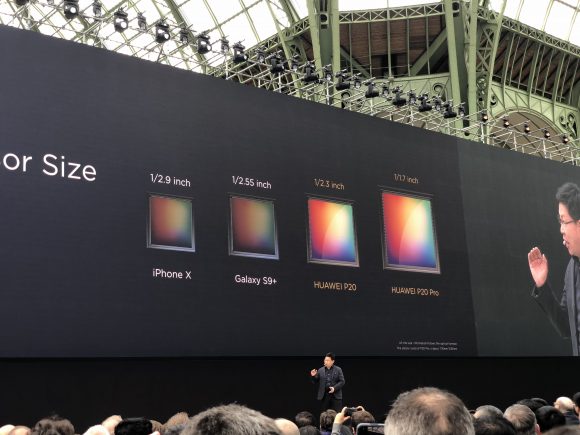
The relatlively large 1/1.7 inch image sensor on the P20 Pro is capable of a head-spinning ISO 102400 sensitivity that’s unheard of in a smartphone. On paper, this makes the P20 Pro potentially the best smartphone for low-light photography but how that translates to real life situations is something we’ll find out when we get a review unit to test out.
In comparison, the P20 gets an update albeit fairly run-of-the-mill dual-camera setup with a Leica co-developed 12MP (f/1.8) sensor with a 1.55 μm pixel size for improved low-light performance and a 20MP (f/1.6) monochrome sensor.
In terms of similarities, both the P20 and P20 Pro have a 24MP front f/2.0 lens camera with AI beautification and 3D portrait feature that is somewhat similar to the portrait mode on the iPhone X but with more options to edit the image during and after a shot is taken.
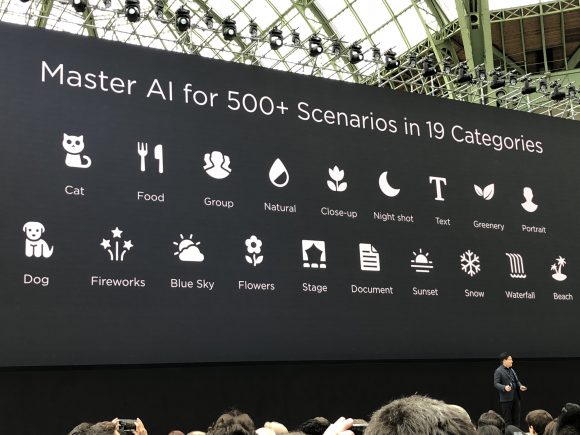
While having capable hardware helps a great deal when taking pictures, software optimisation is also important in digital photography. In this case the Huawei P20 and P20 Pro has all the features you can expect from a capable smartphone. This includes 19 different scene presets that automatically helps determine the right settings for different lighting and shooting scenarios. There’s also 4D predictive focus mode allowing a more refined and detail subject tracking ensuring your subject is always in focus even when moving.
For picture composition, there’s an “AI-Assisted Composition” feature which provides suggestions on how to frame group shots and landscape shots.
In terms of image stabilisation, the P20 Pro features what Huawei calls AIS (AI Image Stabilisation) which the brand claims help steadies handheld shots especially when taking pictures in long exposures without a tripod. On the P20, there’s a 6-axis stabilisation and both phone have 960fps super slow-mo mode.
The display
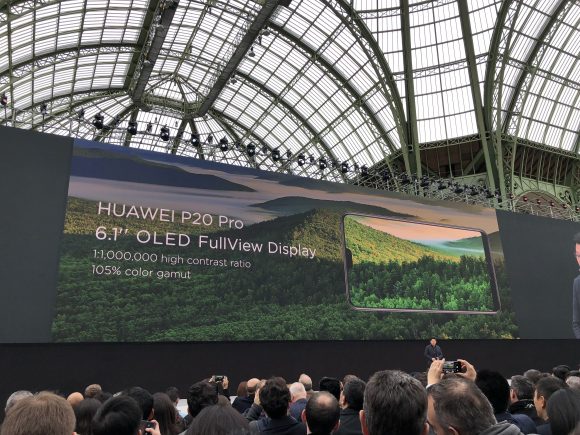
The other aspect in which the P20 and P20 Pro is different is in the display. While the P20 features a standard 5.8-inch FullHD+ RGBW LCD display, the P20 Pro gets a 6.1-inch full view FHD OLED unit which is better in contrast, colour reproduction and richness. Both displays have an aspect ratio of 18.7:9.
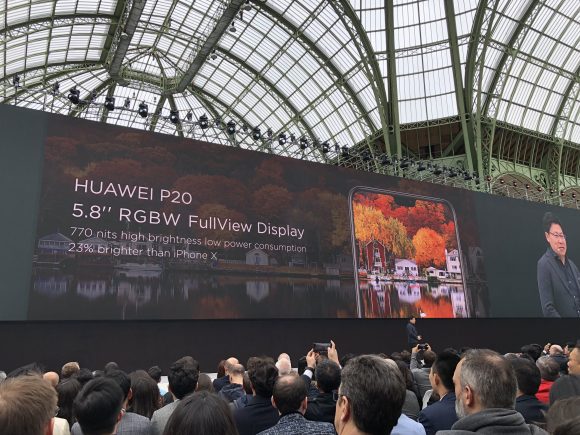
The battery
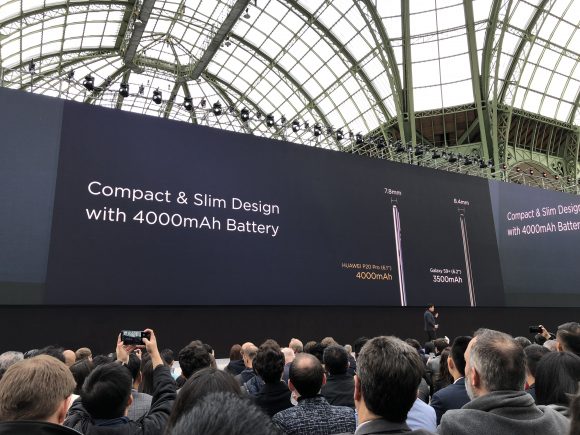
The P20 and P20 Pro are also differentiated in the battery department. The P20 gets a 3,400mAh battery while the P20 Pro gets a large 4,000mAh.
The similarities
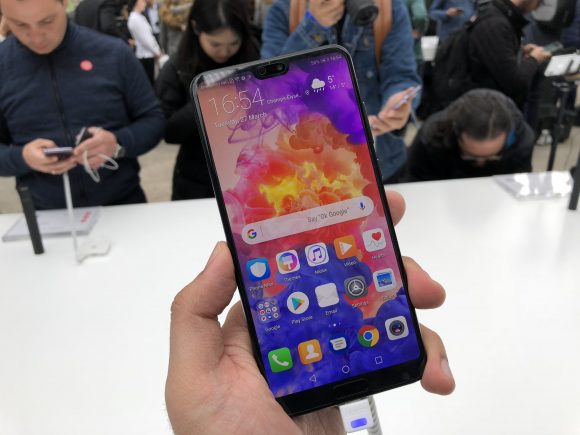
Both the P20 and P20 Pro are specced with Huawei’s latest, and very good, Kirin 970 processor and both get 128GB of non-expandable storage. However the the P20 comes with 4GB RAM while the P20 Pro gets 6GB. Both models get the latest Android 8.1 with Huawei’s EMUI 8.1 on top.
Colours
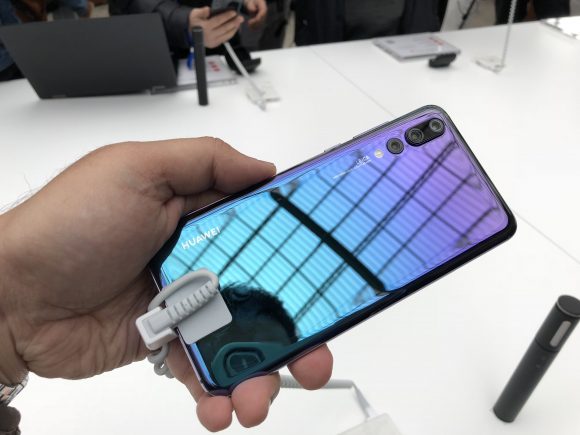
There are four colours available for both the P20 and P20 Pro — Black, Pink, Blue and Twilight — and all these colours look beautiful thanks to Huawei’s unique mirror finish process but by far the most stunning colour in the line up has to be Twilight.
The colour is achieved by applying several layers underneath the glass so light that hits the device is refracted in a certain way that it creates a gradual transition that starts from blue to a delicious twilight effect so much so that it is a waste a case with the device.
Pricing
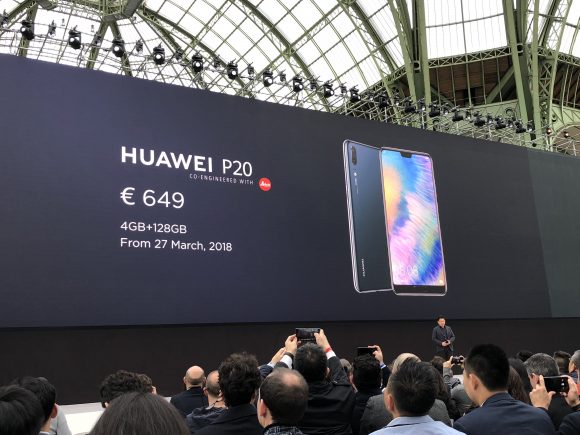
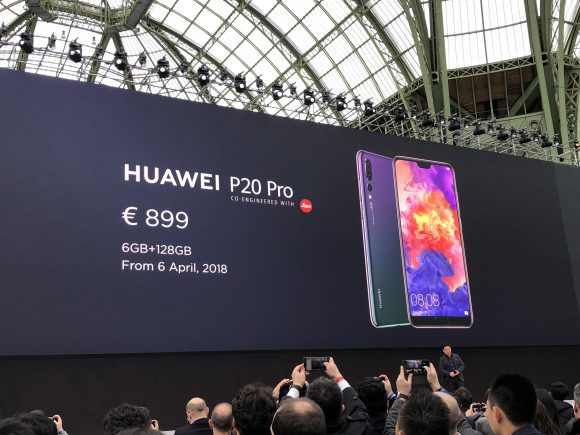
As mentioned, local pricing we’re not announced at the event here in Paris but we’re guesstimating that the the P20 is going to sell for about RM2,500 and about RM3,500 for the P20 Pro.
The things I like about the P20 and P20 Pro
First up, I have to make it clear that my opinions in this article is based completely on first impressions and specs, we’ll definitely need more time with the device for a comprehensive review. Now that’s out of the way… I think the P20 is fairly current in what it offers. If the pricing is right and the claims about the camera are founded in real-life situations then, the P20 can stand out from the competition but between the two, the more interesting model for me is the P20 Pro.
In really curious to see if the triple camera unit and the large 40MP sensor is as good as Huawei claims them to be. I like the large better and the OLED display as well. Those are definitely plusses for me.
The things I don’t like…
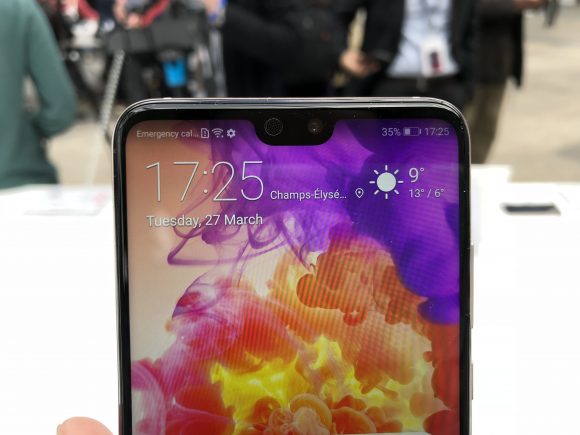
It is clear that Huawei placed a considerable degree of emphasis on improving the camera of both devices and I get that. Next to design, and display, having an amazing camera is the easiest way to impress a potential buyer but for me and for how use a phone, there are many other things I’d Huawei to include in the P20 and P20 Pro.
I would like for the P20 to have stereo speakers and for both to have the option for expandable storage. And I would like both to have a headphone jack — yes statistically speaking the headphone jack is seldom used but having one is great for when you really need it.
Which brings me to the other thing that I don’t like, no IP68 rating. Ok for the IP67-rated P20 Pro, in nitpicking but for the unrated P20 it might be a deal breaker for me. For the outdoorsy, active type or for a dad with four kids — like me — having a water-resistant phone is essential and it makes for a fun time at the pool, what’s the point of having a really amazing camera if you can’t shoot pictures where you want to right?
At the end of the day…
Huawei has come a long way from an obscure brand from China to become one of the most valuable brands in the world, the P20 and P20 Pro are testament to that achievement. In a market where Samsung and Apple are household names, the P20 and P20 Pro are not out of place. They are, something worth your consideration.

